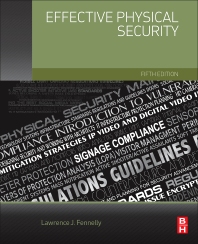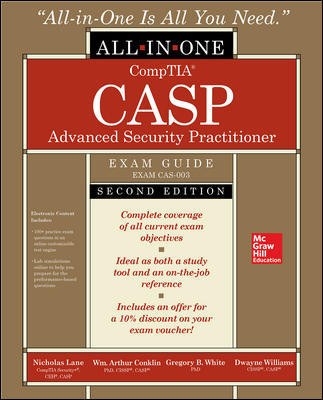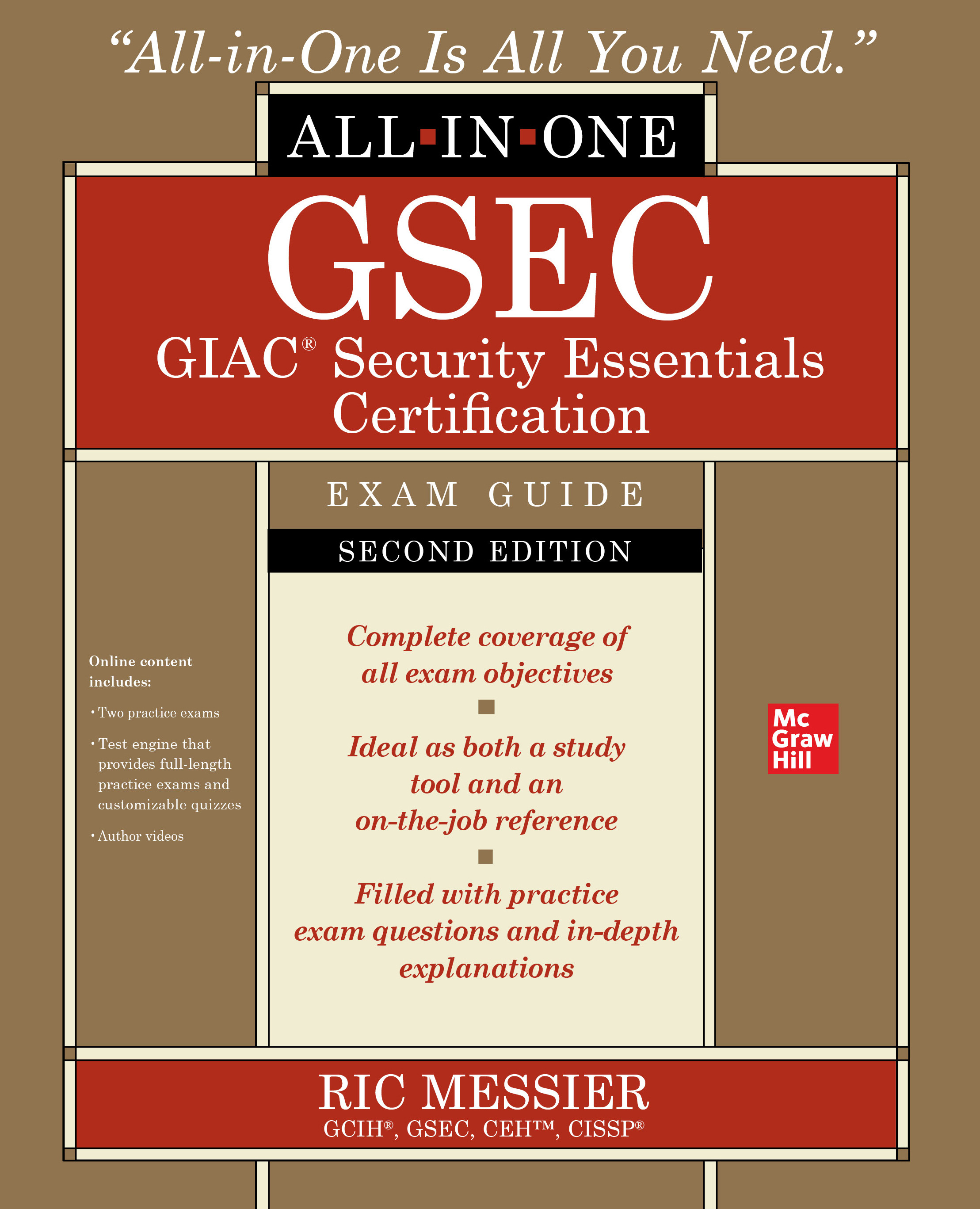Bob Harris, principal of Attrition Busters, wrote me advising of phishing or spam messages he has been receiving and inquired as to what can be done to protect trademarks overseas. One of my partners, Evan Kent, is a recognized expert in the field, so I asked Evan if he would respond via this article. The following is his response:
Trademark ownership provides important commercial and legal benefits, including the exclusive right to use the registered trademark and the right to sell or license it to another for profit. Further, trademark ownership gives one legal standing to prevent others from using or attempting to register similar or identical trademarks. Trademarks are considered to be tangible assets of the owner and add to the value of the shares of a company. If you are an exporter, or thinking about exporting in the future, you should seriously consider securing protection for your trademarks at the earliest possible date not only in the U.S., but in those foreign markets which are or could be of interest.
Unlike the United States, most Asian countries have a “first to file” trademark protection system. This means that the first party to file for trademark registration is accorded legal protection, even if the party has never used the trademark, and will have rights superior to one who has used the trademark but never registered it. It is not uncommon for Asian distributors of a U.S. product, which is the subject matter of a U.S. trademark registration, to file an application in their home jurisdictions, with the result that the U.S. company could be prevented from using the trademark in that country or face infringement claims were it to do so.
Even more insidious is the practice of foreign “predators” who research promising, emerging U.S. companies, register their trademarks in different countries and then try to sell them back to the U.S. company at exorbitant prices. There are instances of United States companies having to pay well over $100,000.00 just to get the rights to their own trademarks in an Asian country.
The safest approach is to register your trademark in each country. Typical fees range from about $1,500.00 to about $3,500.00 to prepare and file a one class application in each Asian country. The cost of registering one’s trademark is far less than paying to recover a trademark registered by a predator. The important issue to consider in deciding which countries to file first includes taking into account in which countries the appearance of knockoffs or counterfeits would be most damaging, where sales are most profitable and the location of the manufacturing sites.
Trademark owners can take advantage of one of the provisions of the intellectual property treaty known as the Paris Convention for the Protection of Industrial Property. The convention priority right provides that an applicant from one member country is able to use its first filing date in one of the member countries as the effective filing date in another member country, provided that the applicant files another application within six months from the first filing. Exercising this option would enable a fledgling company to stretch out its intellectual property protection budget over a six-month period without jeopardizing its rights. China, India, Indonesia, Japan, Malaysia, Philippines, South Korea, Singapore, Thailand, and Vietnam are among the many countries which are contracting parties to the convention.
Once the investment is made in obtaining trademark registrations, it is prudent to protect that investment against infringements by subscribing to a trademark monitoring service, which will alert the user to official filings of the identical or confusingly similar trademarks in the countries of interest. Cease and desist letters may then be sent to the applicants, demanding that they abandon their applications and/or cease all use of the infringing trademark. This can be an effective tool, since many of these infringers do not want to go to court.
Readers Ask
Q: Cyber security is a major issue today. How can we protect ourselves against cyber security and is there insurance available?
A: As far as legal protection for loss due to a cyber security attack, this should be covered in your alarm contract with your subscriber. See your attorney as this is very important and should be properly covered in your contract. As far as the alarm protection that you provide, that is a question between you and your subscriber and how much protection you are capable of providing and how much your subscriber is prepared to pay. With reference to your insurance question, I have spoken to Rick Gombar who specializes in insurance for security companies. He advises that although the issue has become far more complicated, there is insurance available for losses caused due to cyber attacks. In today’s environment it is mandatory for you to speak to your local insurance agent and make certain that you have the maximum protection available, as cyber security is a very major issue today.
To ask Les Gold a question, e-mail SDM@bnpmedia.com.









